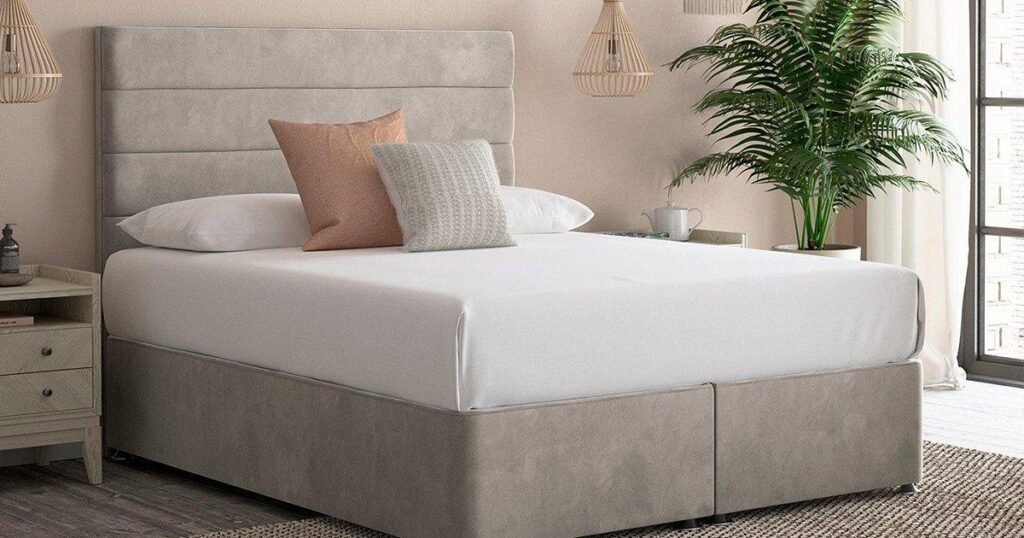Beds, Best Divan Beds UK, Furniture
Pros and Cons of Different Divan Bed Fabrics
When selecting a divan bed, one of the most important decisions you will make is choosing the right fabric. The fabric not only affects the aesthetic appeal of your bed but also its durability, comfort, and ease of maintenance.
Below, we explore the pros and cons of the most popular divan bed fabrics to help you make an informed choice.
Table of contents
Divan Bed Fabrics: Pros and Cons
Divan bed fabrics include velvet, known for its luxurious softness and rich colors, and linen, appreciated for its breathability and natural look. Suede offers a cozy, warm feel but requires careful maintenance.
Faux leather provides a stylish, easy-to-clean option at an affordable price, while chenille is plush and durable, ideal for creating a cozy atmosphere. Each fabric has unique pros and cons, making it essential to choose based on your specific needs and style preferences
Velvet
Velvet is a luxurious fabric that adds a touch of elegance to any bedroom. It’s soft to the touch and comes in a variety of rich colors
Pros
Luxurious Appearance: Velvet exudes opulence and sophistication, making it ideal for upscale bedrooms.
Soft and Comfortable: The fabric is extremely soft, enhancing comfort.
Variety of Colors: Velvet is available in a wide range of deep, rich colors.
Cons:
High Maintenance:
Velvet requires regular cleaning to maintain its appearance, as it can easily show marks and stains.
Can Be Costly:
Velvet is generally more expensive compared to other fabrics.
Prone to Damage
It can be susceptible to wear and tear, especially in high-traffic areas.
Linen

Linen is a natural fabric known for its breathability and durability. It’s a popular choice for those who prefer a more relaxed, casual look.
Pros
Breathable: Linen is highly breathable, making it comfortable in both warm and cool climates.
Durable: It’s a strong fabric that can withstand regular use.
Natural Look: Linen has a casual, timeless appearance that suits various décor styles.
Cons
Wrinkles Easily: Linen tends to wrinkle, which can make the bed appear untidy.
Limited Color Choices: Linen usually comes in neutral shades, which may not appeal to everyone.
Requires Careful Maintenance: It needs to be cleaned with care to avoid damage.
Suede

Suede is a type of leather with a soft, napped finish, offering a unique texture and a cozy feel.
Pros
- Soft Texture: Suede is incredibly soft and pleasant to touch.
- Warmth: It adds warmth and coziness to the bedroom.
- Stylish Appearance: Suede’s unique texture gives it a stylish and modern look.
Cons
Difficult to Clean: Suede is prone to staining and can be challenging to clean.
Not Pet-Friendly: It’s not ideal for homes with pets, as it can easily get scratched.
Expensive: Suede is generally more expensive compared to synthetic fabrics.
Faux Leather

Faux leather is a synthetic material designed to look like real leather. It’s a popular choice for those who want the leather look without the high cost.
Pros:
Affordable:
Faux leather is more budget-friendly compared to genuine leather.
Easy to Clean:
It’s easy to wipe clean, making it a practical option for busy households.
Durable: Faux leather is resistant to wear and tear, making it a durable choice.
Cons:
Can Look Artificial:
Some faux leather can look less authentic compared to real leather.
Not as Breathable:
Faux leather isn’t as breathable as natural fabrics, which can make it less comfortable in hot climates.
Can Crack Over Time: With age, faux leather may crack or peel.
Chenille
Chenille is a plush fabric with a soft, fuzzy texture, often used in cozy, inviting spaces.
Pros
- Soft and Plush: Chenille is incredibly soft, making it comfortable and cozy.
- Durable: It’s a durable fabric that can withstand regular use.
Variety of Colors: Available in a wide range of colors and patterns.
Cons
- Can Be Difficult to Clean: Chenille is prone to staining and may require professional cleaning.
- May Attract Dust: Its plush texture can attract dust and lint.
- Not Ideal for Allergies: Chenille can trap allergens, making it less suitable for those with allergies.
Conclusion
Choosing the right fabric for your divan bed depends on your lifestyle, aesthetic preferences, and maintenance considerations. Velvet and suede offer luxury and softness but require careful maintenance, while linen and chenille provide durability and comfort with a more casual look. Faux leather is a practical choice for those seeking affordability and easy maintenance. Consider the pros and cons of each fabric to find the one that best suits your needs and preferences.
Upgrade Your Bedroom with a Grey Suede Divan Bed Set
FAQs
Linen and faux leather are generally the most durable fabrics for a divan bed, making them ideal for high-traffic areas or busy households.
Velvet requires gentle cleaning, often with a soft brush or vacuum cleaner attachment. Stains should be treated immediately with a specialized velvet cleaner.
Suede is not the best choice for homes with pets, as it can easily get scratched and stained.
Faux leather is typically the most budget-friendly option, offering a stylish look at a lower cost.


